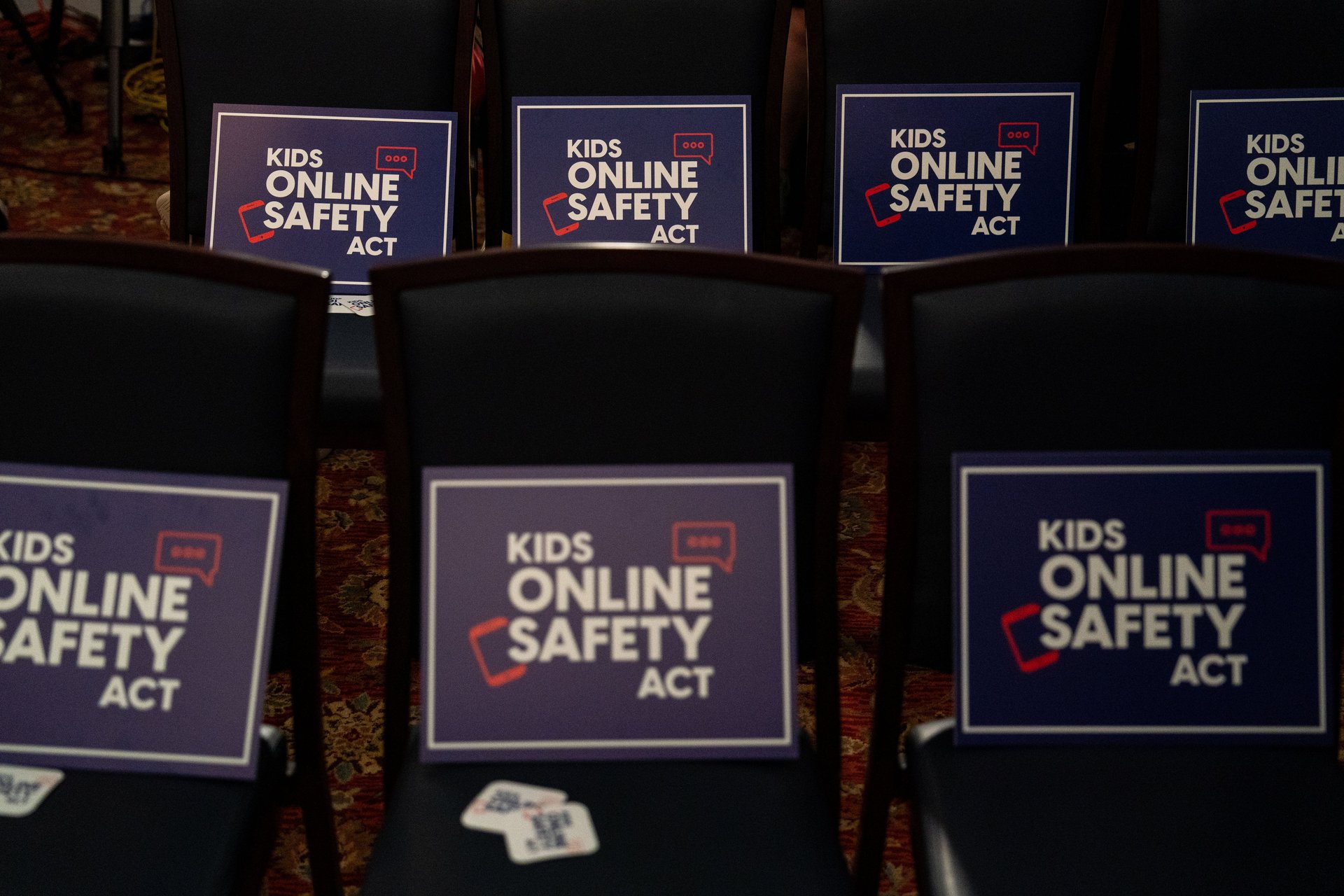The Senate just passed a bill meant to keep kids safe online and hold tech giants accountable
The Kids Online Safety Act has been heavily opposed by most tech companies and free-speech groups

The U.S. Senate just passed a series of bills designed to protect children from dangerous content online, but has been criticized by free-speech groups as an overreach likely to be abused by bad actors.
Suggested Reading
The two bills are the Children and Teens’ Online Privacy Protection Act and the Kids Online Safety Act, or COPPA 2.0 and KOSA, respectively. Combined, they will offer a slew of new rules and regulations regarding how social media and tech companies treat minors’ data and what features are available to them.
Related Content
The bills passed by a 91-3 vote. Two Republican Senators — Rand Paul of Kentucky and Mike Lee of Utah — and Oregon Democrat Ron Wyden voted against their passage.
“At its core, [KOSA] is a product design bill,” the law’s sponsor, Sen. Richard Blumenthal of Connecticut, said in a floor speech ahead of the vote, likening KOSA to requiring seat belts in cars or placing choking warnings on toys with small parts designed for children.
KOSA would require tech companies to design online platforms in ways that would mitigate or prevent harming users, including cyberbullying, sexual exploitation, and drug use. The bill would also require platforms to limit the ability of adult users to speak with minors and offer parental tools that allow guardians to manage their privacy.
The other bill, COPPA 2.0, would ban targeted advertising to minors and the collection of data without their consent. It would also give parents and children the option to delete their information from social media platforms.
The Senate’s approval of the package puts the pressure on the House of Representatives to weigh in. The Republican-controlled House has recessed until September and will have a short amount of time to debate and consider the legislation. Speaker Mike Johnson, a Republican representing Louisiana, has said he will try to find a consensus on the bill, The Associated Press reported.
If passed, the legislation will be the first laws Congress has passed to protect children online since 1998, well before Facebook was founded and the iPhone was created.
But both bills have faced — and continue to face — heavy opposition across the political spectrum.
“Parents need solutions that are legal and meaningful, but KOSA is neither. KOSA’s data privacy, cybersecurity, censorship, and constitutional risks remain unaddressed,” Carl Szabo, NetChoice’s vice president and general counsel, said in a statement Tuesday, lamenting the bill’s passage in the Senate. “Lawmakers must recognize that an unconstitutional law will help no one.”
NetChoice — a trade association that represents 37 tech organizations — claims that KOSA is likely unconstitutional, pointing to four prior court decisions that have supported its efforts to strike down similar state laws. Major members include Meta, which owns Instagram and Facebook, Pinterest, Google and Amazon. At least two members, Elon Musk’s X and Snap, have publicly endorsed KOSA.
Chris Marchese, the director of the litigation at the tech industry trade association NetChoice, has said that tech industry groups, nonpartisan groups, and free-speech advocates will challenge the bills in the courts, according to RollCall. Groups including the Electronic Frontier Foundation (EFF), Chamber of Progress, and the American Civil Liberties Union have come out against the bills.
“KOSA compounds nationwide attacks on young peoples’ right to learn and access information, on and offline,” said Jenna Leventoff, senior policy counsel at the ACLU, in a statement that pointed to book bans and classroom censorship laws. “The House must block this dangerous bill before it’s too late.”
Several critics of the bill have raised concerns that KOSA may be used to target members of the LGBTQ community and their content. The EFF warns that KOSA could be used by political actors looking to “score political points” with their peers or constituents to abuse the law by going after speech they don’t like.